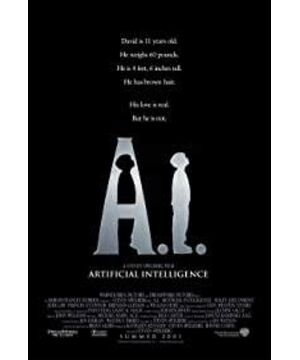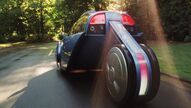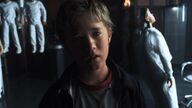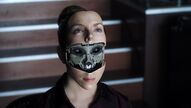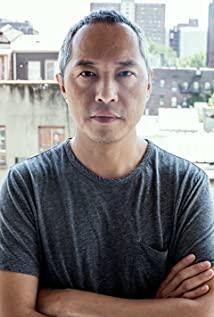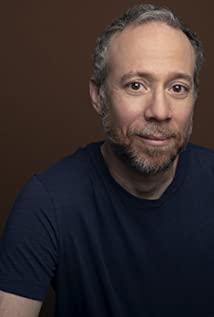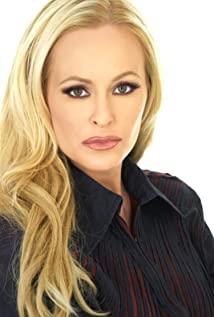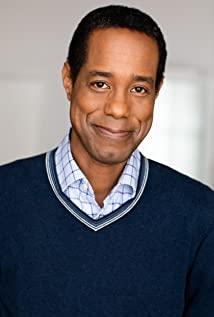The beginning of the story gives us the question: If robots can really love a person, can humans love them in return. This is not only a moral issue, an ethical issue, but also a philosophical issue. Look at the professor's answer: "In Genesis, didn't God also create Adam to love him." What a wonderful answer, and so memorable - didn't God also love humans?
As the story progresses, a sci-fi story becomes a fairy tale, a fairy tale full of love. A robot kid goes to find the legendary Blue Fairy in order to make his mother love him, hoping to become human (the story is really beautiful, isn't it). Children are always pure. In the face of the robot slaughterhouse, don't humans sympathize with it? Going backwards, the story begins with the professor asking the robot a question - what is love? The robot replied: "Love is opening my eyes slightly, breathing rapidly, and the body temperature rising..." The robot's answer to love is a concept in the strict sense, a superficial phenomenon, and it can even be said that the machine has programmed it. Yes, the answer is the same no matter how many times you ask it. And the story subtly uses the plot itself to prove what love is: "You find a fairy tale, you are inspired by love, driven by desire, and in order to find her, you embark on an adventure. The most incredible thing is that no one teaches you." Love. It is a spontaneous action, an action of giving everything for the one you love. A film of more than two hours gave us the purest explanation of love in such a simple way.
Joe (the robot that David met) told David, "She loves what you do for her. She doesn't love you, she can't love you, you're not flesh and blood, and you're not a dog or a cat Bird, you're a robot just like us, and you'll get dumped because they're tired of you, or replace you with a newer model, or dissatisfied with you saying the wrong thing or breaking things.", come to think of it, we'd love the real People, who love their pets, would we love an "object", the robot named David to be exact? With objects, as Joe said, we love what it does for us, or a feeling, and we love a book because we love what it is (content that makes us happy or wise, etc.). What about robots? They have no flesh, but they have minds, and even they can love. This question is really hard to imagine, and maybe only on that day, we can decide.
At the end of the story, 10,000 years later, David is discovered by robots from the future (long ago, I thought they were aliens), who want to fulfill David's wish, if only for one day of love. There is also a new technology - time and space trajectory, which allows resurrected humans to have previous memories. So when is this memory a memory, is it a lifetime, or the point when the hair was cut off. I think the latter is more likely, not just from my mother's reaction when she wakes up and sees David, it's more that we don't want a young body loaded with an old soul, a resentful soul (we all hope It's a beautiful fairy tale).
As David and his mother lived the whole day, David slept next to his mother. The story implies that David, a unique robot, can dream, but the movie never gives any robot dreams. Perhaps, it was all a dream, the curtain fell and David woke up.
View more about A.I. Artificial Intelligence reviews


